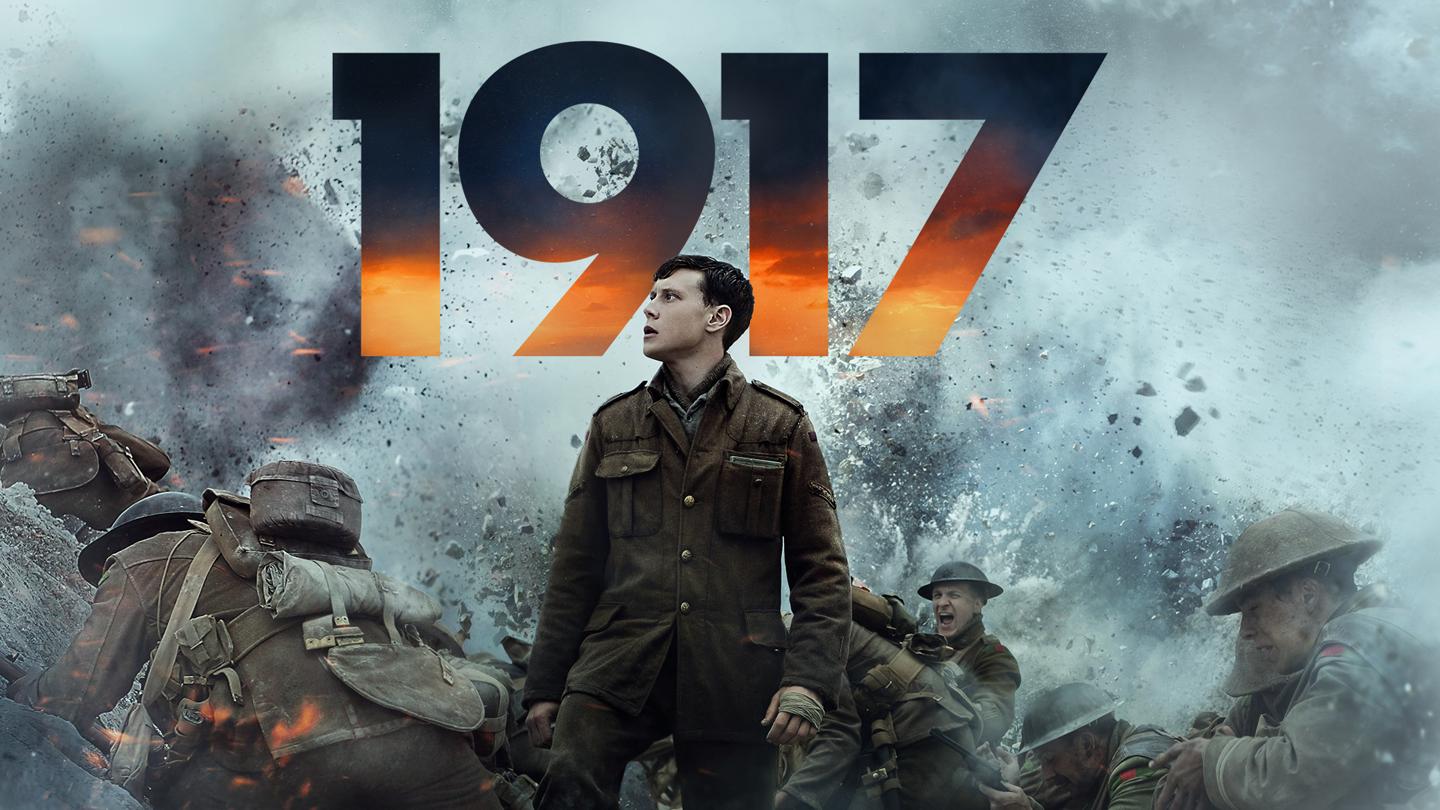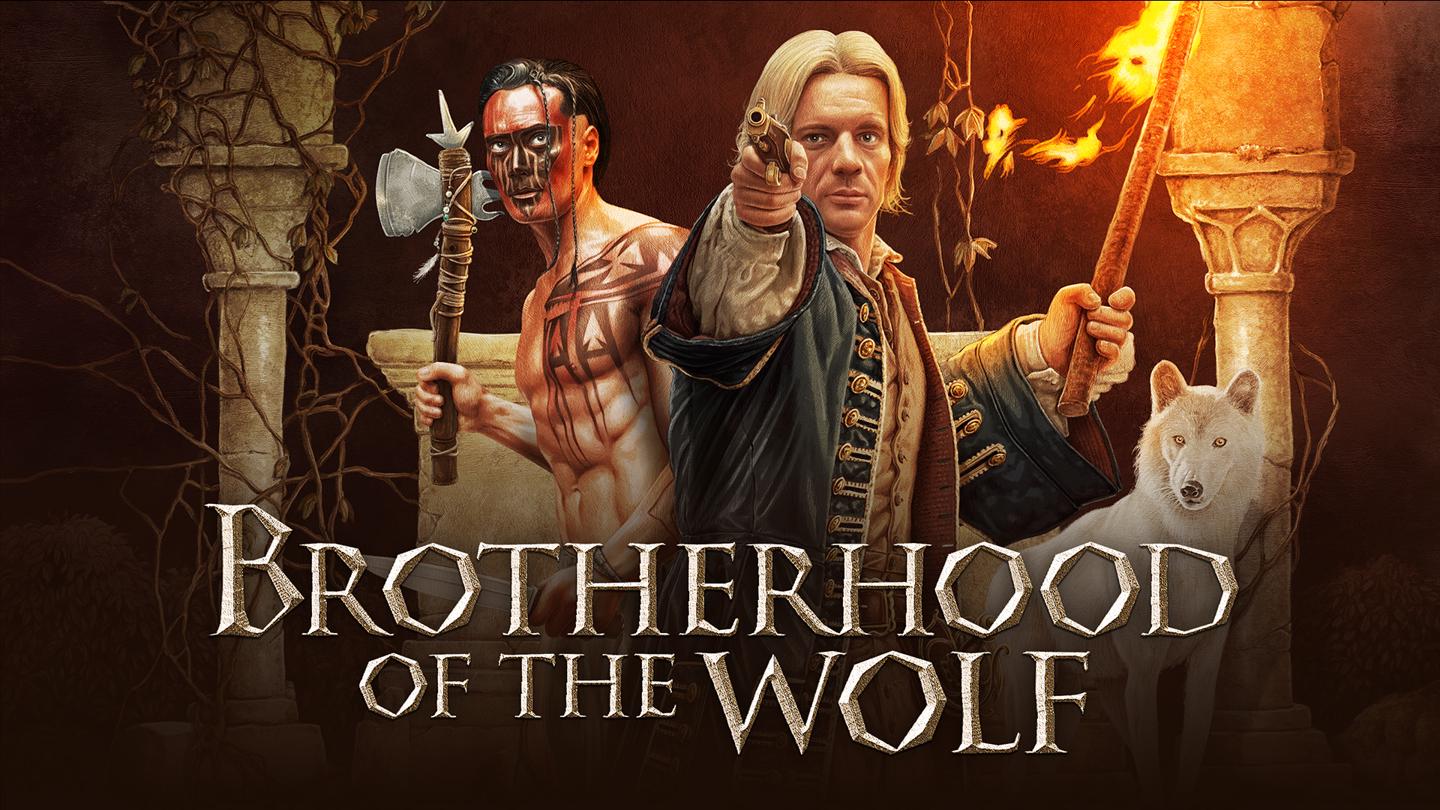
Quick Info
The first thing you notice about 1917 is the pace. This film is relentless. Sam Mendes dials up the tension immediately and never really lets it drop. The premise is set within the first ten minutes: two young British privates have to cross enemy territory to deliver a message that could save 1,600 lives. It’s simple, brutal, and claustrophobic from the start. The film’s “one-shot” illusion is everywhere, making you forget there’s a camera at all. I’d never seen a war film that feels this immediate—like a panic attack that doesn’t quite fade until the credits roll.
George MacKay deserves a lot more attention for what he does here. His face spends most of the movie absolutely drained, with real fear and exhaustion showing up even before things get truly bad. There are long stretches where he’s the only person on screen, and the movie trusts you to follow him without any dramatic speeches or forced character development. This is a war movie that doesn’t want to glorify anything. Instead, it commits to showing how draining and impersonal the experience feels.
It’s hard not to talk about Roger Deakins when discussing 1917. Deakins is a beast behind the camera, and he’s sort of the real star of the movie. The cinematography is on another level: muddy trenches, bombed-out ruins, night flares painting everything in surreal shades, and these breathtaking open fields that somehow feel terrifying and beautiful at the same time. There’s a sequence when the characters cross a ravaged French town at night that stands out as one of the most visually stunning moments I’ve ever seen in a war film—harrowing, dreamlike, and unforgettable.
But if I’m being picky, the one-take shtick can sometimes get distracting. Instead of sinking deeper into the story, you catch yourself thinking, “How did they do that?” I admire the technical prowess, but sometimes it undercuts the emotional beats. There are moments where the film’s need to maintain the illusion overrides character choices. For example, the conversations can feel basic, almost like the game dialogue you hear in a first-person video game. It made me wish they trusted the performances to stand on their own more, rather than relying on spectacle.
The film’s tone is dead serious, carrying this weight of dread from start to finish. There isn’t much humor or camaraderie: war is hell, and Mendes wants you to sit with that discomfort for two straight hours. There’s a certain bleak honesty to it, but it also means the emotional highs don’t land as hard. When something tragic happens, you’re expected to be moved by sheer momentum rather than a full understanding of the characters’ inner lives. Even the brief backstory bits feel half-hearted, almost perfunctory.
To be fair, that’s probably the point. You never really get to know these soldiers. The whole movie is about disconnection: from home, from humanity, even from themselves. You follow the mission, not the man. That focus keeps the film moving at a breakneck clip, but it can leave you feeling strangely numb by the end. The few gut-punch moments that do land are more about the horror of the situation than any specific attachment to the characters.
Where 1917 really comes alive is in its sense of place. The production design is meticulously grimy—trenches, collapsed farmhouses, and rivers littered with the debris of failed attacks. You don’t just see World War I, you smell it, which is just about the highest compliment I can give. The attention to detail makes the film a sensory punch in the gut, and the suspense comes as much from anticipation of what’s around the next twist in a maze of misery as it does from overt action.
I walked away from 1917 feeling impressed, but also a bit exhausted. It’s a technical marvel and one of the most immersive depictions of trench warfare ever put on screen. If you want intimacy, character arcs, or big philosophical statements, you’ll probably be left wanting. But if you want to be right there on the ground, flinching at every gunshot like a shell-shocked extra, this movie nails it. It stays with you—cold, muddy, and a little bit broken.
The R8 Take
1917 is a sensory gut punch. If you appreciated the tension of Saving Private Ryan’s opening, you’ll love the technical wizardry here, but just don’t expect to cry over the characters.

